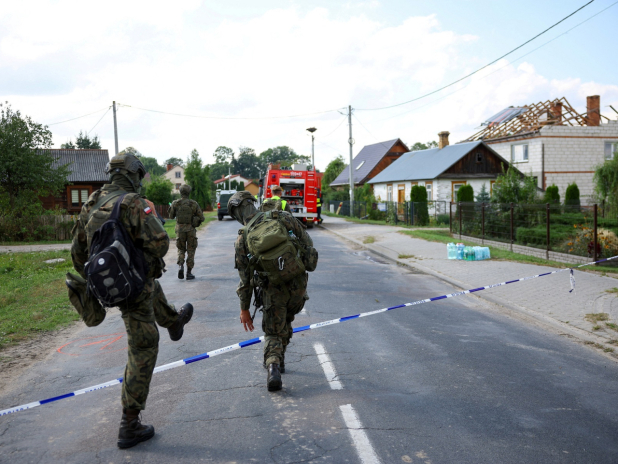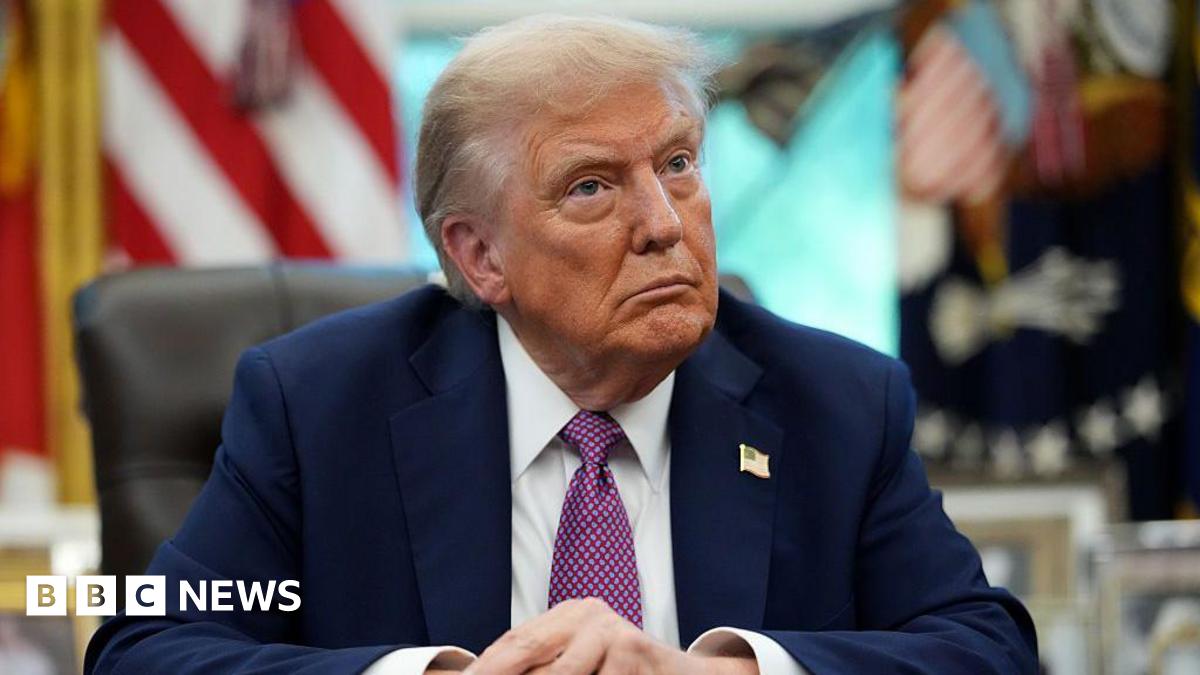Sign up now: Get ST's newsletters delivered to your inbox
The film 731 documents horrific biological experiments carried out by the Japanese military during World War II.
731 (M18)
126 minutes, opens on Sept 25
★★★★☆
The story: Set in early 1945 as Japanese forces retreat across the Pacific, 731 dramatises one of World War II’s darkest chapters. The Empire’s leaders, desperate for a war-winning weapon, conduct horrific biological experiments in facilities across China, infecting human test subjects with anthrax, bubonic plague, cholera, tuberculosis and typhoid. Chinese con man Wang Yongzhang (Jiang Wu) finds himself imprisoned at Unit 731, the Harbin facility that would become synonymous with the barbaric research led by Dr Shiro Ishii (Yasuyuki Hirata). Realising that every prisoner faces a death sentence, Wang plots his escape from this nightmare.
For Chinese audiences, Unit 731 holds comparable significance to Auschwitz or Treblinka for Jews, which explains the substantial body of films, books and documentaries dedicated to these atrocities.
This cultural focus is motivated by how the perpetrators escaped meaningful justice. The Allied forces allowed the scientists responsible to evade full investigation, their crimes never receiving the international attention they deserved.
Unsurprisingly, government-backed production 731 has stirred geopolitical tensions and drawn propaganda accusations. However, for this reviewer, such charges carry little weight, as any film can function as propaganda while remaining faithful to historical facts. Both things can be true.
Director and co-writer Zhao Linshan weaves extensive research – declassified US reports, witness testimonies and archival materials – into a gripping survival narrative that serves both historical documentation and dramatic storytelling.
Events at Unit 731 are seen largely through the eyes of the protagonist Wang. This scam artist-turned-prison steward comes to realise that horrors far beyond his reckoning are being carried out against men, women and children. His fellow prisoners are a cross-section of Chinese society, each representing an aspect of courage and resilience.
There is plenty of caricature on display – the Chinese are noble while the Japanese are cackling, perverse monsters indoctrinated into a death cult – but 731 walks a fine line. While it contains the gore necessary to drive home its point, the scenes of butchery are brief compared with Unit 731 exploitation flicks like Hong Kong’s Men Behind The Sun (1988).
Russians were among those kept for medical experiments at Unit 731 in the film 731. PHOTO: SHAW ORGANISATION
It is also overtly emotional, a tone reinforced with dream sequences that contrast the bleakness of the prison with an imagined life outside its walls.
Jiang Wu plays a prisoner at the Unit 731 facility in the film 731. PHOTO: SHAW ORGANISATION
This is by no means a perfect film, but it is a necessary one. As the producers state in the production notes, in the 80th anniversary of the end of the war, “each frame of the film resists the mechanism of forgetting”.
Hot take: Historical drama 731 emphasises emotional impact and historical remembrance over cinematic subtlety.
[SRC] https://www.straitstimes.com/life/entertainment/at-the-movies-731-a-flawed-but-necessary-look-at-japans-unit-731-atrocities
 Visit the website
Visit the website







